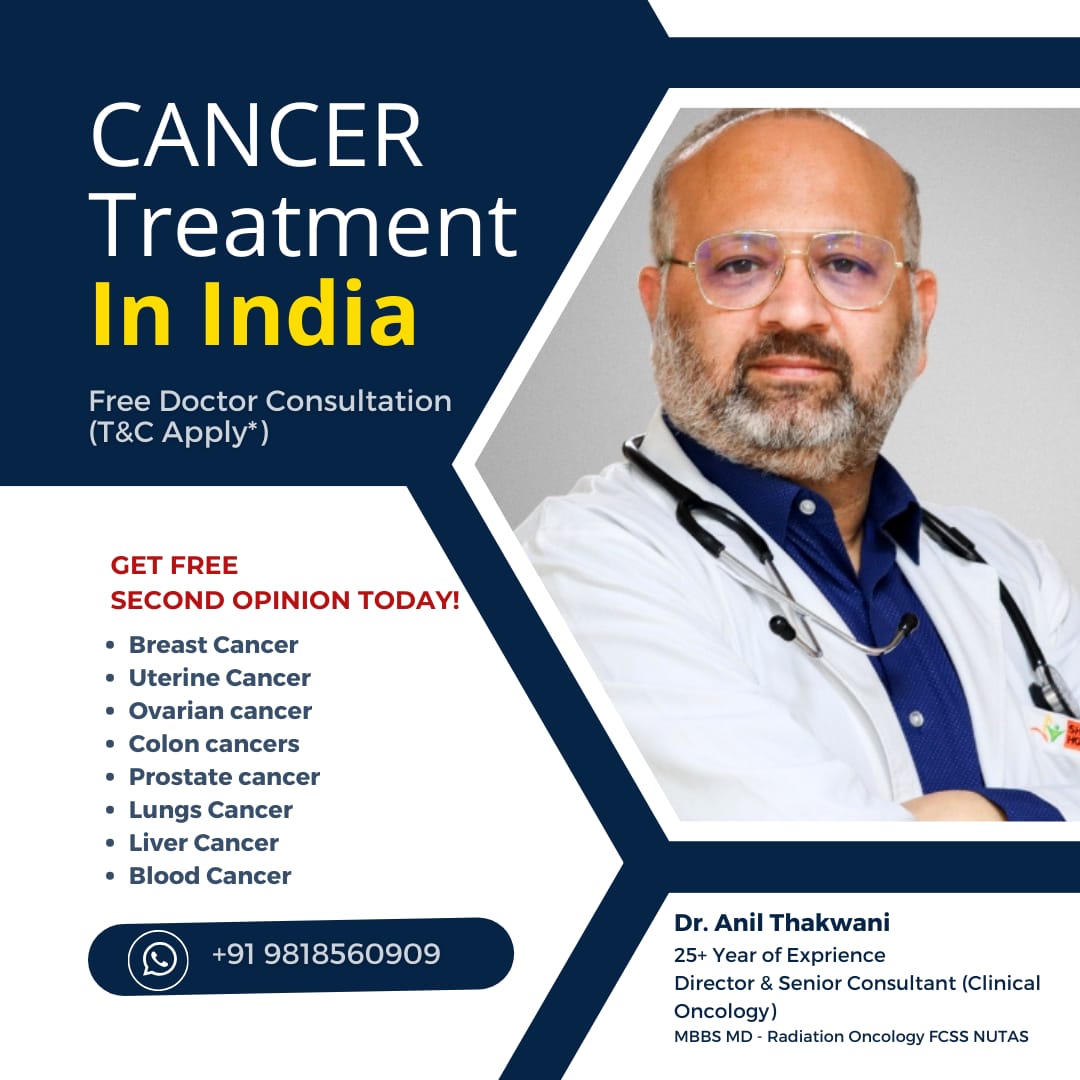Cancer, a formidable adversary, strikes fear into the hearts of many. The prospect of facing a diagnosis can be overwhelming, but amidst the apprehension lies hope. Early detection through routine screening tests can significantly improve outcomes. This comprehensive guide aims to empower you with knowledge about various cancer screening methods, their importance, and when to commence screening. By understanding these crucial aspects, you can take proactive steps towards safeguarding your health and well-being.
Understanding Cancer Screening:
Before delving into specific screening tests, let’s grasp the concept of cancer screening. Screening involves the systematic examination of asymptomatic individuals to detect cancer or pre-cancerous conditions at an early stage when treatment is most effective. It plays a pivotal role in reducing cancer-related morbidity and mortality by facilitating timely intervention.
Why Early Detection Matters:
Early detection is paramount in the fight against cancer. When cancer is diagnosed at an early stage, treatment options are often less invasive, with higher chances of success. Screening enables the detection of abnormalities before symptoms manifest, offering a window of opportunity for intervention when the disease is most manageable.
The Role of Regular Screening:
Regular screening is essential for maintaining optimal health, especially as we age. By adhering to recommended screening guidelines, individuals can detect cancer in its infancy, potentially preventing its progression to advanced stages. Moreover, routine screening fosters a proactive approach to health maintenance, empowering individuals to take charge of their well-being.
Breaking Down Cancer Screening Tests:
Now, let’s explore various cancer screening tests recommended for both men and women, along with their respective guidelines and considerations.
Breast Cancer Screening:
Breast cancer is one of the most prevalent cancers affecting women worldwide. Mammography, the gold standard for breast cancer screening, utilizes X-rays to detect abnormalities in breast tissue. Women with an average risk should commence mammograms at age 45, continuing annually until age 54, with the option to switch to biennial screenings thereafter. Those at elevated risk may require earlier or more frequent screenings. Additionally, emerging technologies such as breast MRI offer promising avenues for high-risk individuals.
Consult Today! Free Consultation! – WhatsApp Now!
Cervical Cancer Screening:
Cervical cancer, largely preventable through screening, necessitates regular Pap tests and HPV DNA tests. Pap tests should begin at age 21 and continue every three years until 29. From age 30 onwards, women can opt for Pap tests every three years or a combination of Pap and HPV tests every five years. High-risk individuals may require tailored screening regimens based on their unique circumstances.
Consult Today! Free Consultation! – WhatsApp Now!
Ovarian Cancer Screening:
Ovarian cancer lacks a standard screening test, posing challenges in early detection. High-risk women with a family history of ovarian or breast cancer may undergo transvaginal ultrasound (TVUS) and CA-125 blood tests. However, these tests are not recommended for average-risk individuals due to potential false positives. Prophylactic surgery may be considered for those at significantly elevated risk.
Consult Today! Free Consultation! – WhatsApp Now!
Prostate Cancer Screening:
Prostate cancer screening remains controversial, with no standard test universally endorsed. However, the PSA test and Digital Rectal Examination (DRE) are commonly utilized. Average-risk men may discuss PSA testing from age 50, while those with a family history may require earlier screening. Shared decision-making between patients and healthcare providers is crucial in determining the most appropriate screening approach.
Colorectal Cancer Screening:
Colorectal cancer screening encompasses various modalities, including colonoscopy, stool tests, CT colonography, and flexible sigmoidoscopy. Average-risk individuals should commence screening at age 45, with colonoscopy recommended every 10 years supplemented by annual stool tests. High-risk individuals, such as those with a family history or certain medical conditions, may necessitate earlier or more frequent screening.
Oral Cancer Screening:
Oral cancer, often overlooked, can have devastating consequences if not detected early. High-risk individuals, including tobacco users and those with a family history, may benefit from annual screenings by healthcare providers. These screenings typically involve visual and physical examinations of the oral cavity, supplemented by specialized techniques such as brush biopsies for suspicious lesions.
Lung Cancer Screening:
Lung cancer screening targets high-risk individuals, primarily smokers or those with significant exposure to carcinogens. Low-dose CT scans of the chest are recommended annually for individuals aged 50-80 who meet specific criteria. Early detection through screening can significantly improve outcomes and enhance the chances of successful treatment.
Liver Cancer Screening:
Liver cancer screening focuses on individuals at elevated risk due to factors such as chronic hepatitis B or C infection, alcohol consumption, or family history. Regular ultrasound examinations and alpha-fetoprotein (AFP) blood tests every six months are recommended for early detection of liver abnormalities. Timely intervention can mitigate the progression of liver disease and reduce the risk of cancer development.
Stomach Cancer Screening:
Stomach cancer screening is tailored to individuals with a strong family history or specific gastric conditions. Endoscopy may be recommended annually for high-risk individuals to detect early signs of stomach cancer. Early detection enables timely intervention and improves treatment outcomes for affected individuals.
Consult Today! Free Consultation! – WhatsApp Now!
Conclusion:
Cancer screening is a cornerstone of preventive healthcare, offering a proactive approach to early detection and intervention. By adhering to recommended screening guidelines and engaging in informed discussions with healthcare providers, individuals can take proactive steps towards safeguarding their health. Remember, early detection saves lives.
For personalized consultation and guidance on cancer screening, contact Dr. Anil Thakwani at +91 9818560909. Take charge of your health today and embark on the journey towards early detection and prevention of cancer. Your well-being is our priority.
Consult Today! Free Consultation! – WhatsApp Now!






Leave a Reply